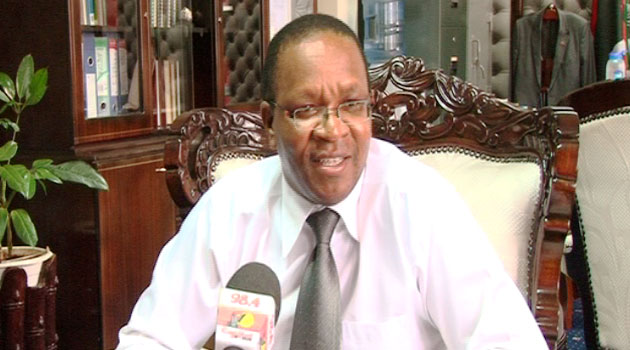
Three areas that remained outstanding and which delayed the finalisation of the talks included export taxes, export subsidies and relationship between Cotonou agreement and EPAs/FILE
The successful termination of the negotiations which were held on Tuesday in Brussels, Belgium will now enable Kenya to continue enjoying duty free access of its products to the European market.
“The negotiation team comprised Ministry of Foreign Affairs and International trade officials led by Principal Secretary Karanja Kibicho,” the Foreign Affairs Ministry said in a statement.
Three areas that remained outstanding and which delayed the finalisation of the talks included export taxes, export subsidies and relationship between Cotonou agreement and EPAs.
But the ministry says all of them “were agreed upon in favour of Kenya.”
Kenya has been more keen on the negotiations compared to the other EAC countries due to the heavy taxation it was and which it has already started attracting starting October 1, this year on her exports to the EU.
This is because unlike the other four EAC sister states which include, Uganda, Tanzania, Rwanda and Burundi, Kenya is not listed as a Least Developed Country and hence the reason it was to pay a tax rate of up 16 percent.
Kenya has been enjoying duty free market under an interim deal signed between the EAC and EU in 2007 which expired at the beginning of this month.
EAC reached a common position on the trade agreements on September 19, which paved way for signing of the deal between the EAC and EU.
Despite these developments, local exporters to the EU market are still likely to incur taxes for up to four months, before the EU ratifies the deal.
Earlier on, the private sector led by Kenya Association of Manufacturers (KAM) and the Kenya Flower Council had asked the government cushion exporters by perhaps considering reimbursement, to avoid trade disruptions.
Kenya flower exports for example to EU have a market share of 40 percent, with total exports holding a market share of 21 percent.
Exports to the EU from East African Community are dominated by coffee, cut flowers, tea, tobacco, fish and vegetables.


































